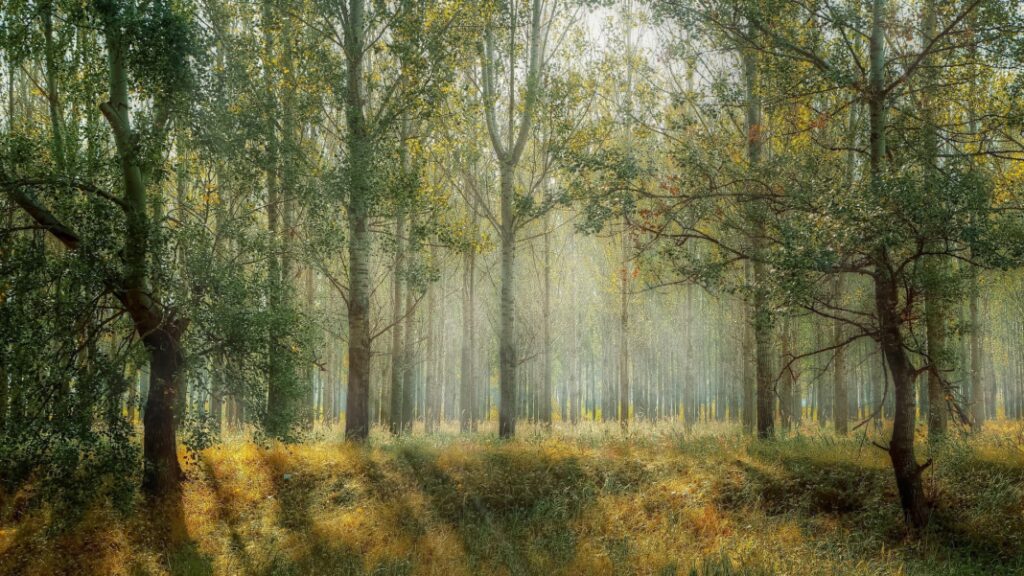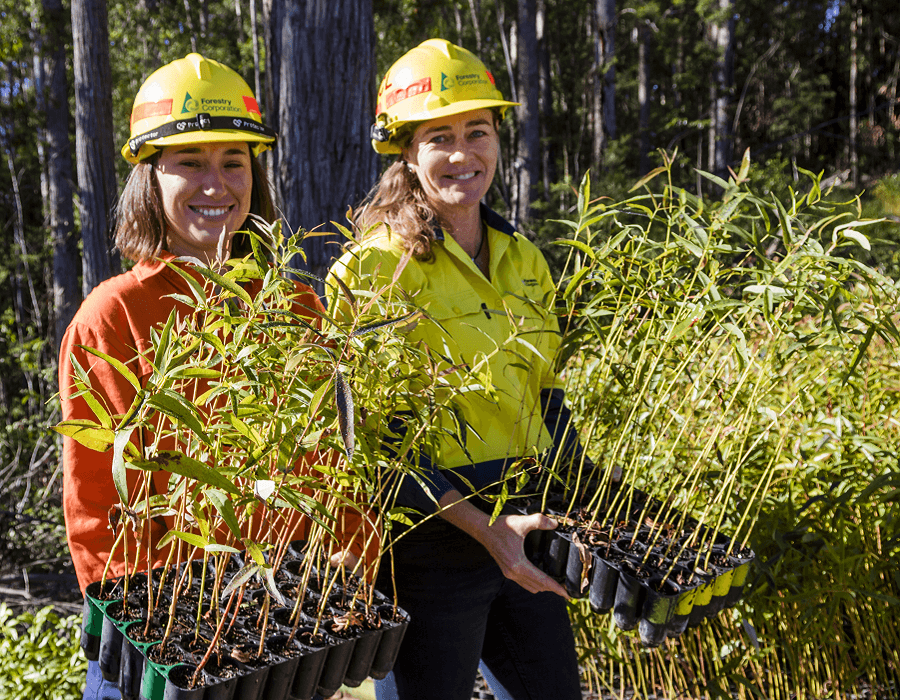The NSW election results are in but counting will take days for the final result.
The overall swing to the ALP is currently 6.4%.
Historical Context: ALP’s Past Gains and Coalition’s Declining Votes
The ALP previously under premiers Neville Wran and Bob Carr gained politically from the Liberal Party losing to independent seats held by them with South Coast, Manly Wakehurst and National Party seats going to the ALP or independents.
History has repeated itself for the third time!
If history is going to continue, the Coalition will be out of office for potentially four terms. This is not unlikely given the loss of parliamentary experience and the dearth of young people in the party ranks with community and political experience.
The Coalition is on a primary vote around 34.8%.
• Down from 41.6% in 2019.
• Down from 45.6% in 2015
• Down from 51.5% in 2011 when they won from the ALP.
Hindsight is a wonderful thing. What it does do is reveal formerly invisible tell-tale signs
Key Election Issue: Cost-of-Living Pressures
Before pointing out the obvious in respect to native forest harvesting in NSW, one observation on the election result is necessary. Insider polling has shown for weeks that the major issue in the NSW campaign was cost-of-living pressures. There was nothing else in the focus groups.
Keep this at the back of your mind…
NSW Labor’s Forestry Policy: Commitment to Timber Plantations
The NSW ALP in the last week of the campaign advised that: “NSW Labor is committed to the New South Wales forestry industry and the important jobs it supports in communities right across NSW”.
Points to consider:
- NSW Labor remains committed to the expansion of timber plantations and if elected will ‘immediately’ begin work on how to expand existing plantation estates across New South Wales.
- It is not NSW Labor’s policy to see loss of jobs and the closure of mills as has been seen in Western Australia and Victoria.
- NSW Labor has announced it will create a Great National Koala Park on the mid north coast. It has committed to no net jobs loses as part of the creation of this park.
Now these policies conflict; they illustrate just how little policy work has been done by NSW Labor or what the Left-wing members who have been long advocating the closure of native forest harvesting really do understand.
Conflicting Policies: Biodiversity, Job Security, and Forest Expansion
Penny Sharpe MLC today emphasised that her focus is on biodiversity, reduction in land clearing, saving koalas by creating a new national park on the mid North Coast and strengthening the laws that were made in 2016 favouring landholders.
To expand native forest plantations means finding the equivalent acreage or close to it, such as the existing public working native forest estate. This means that due to soil and climatic issues this is roughly the same geographical location as the existing state working forests.
The issues are soil type and climatic issues to grow native hardwoods. Is state Labor going to clear state native forests to replant native hardwood plantations? I doubt it.

Challenges: Time and Resources for Harvesting Native Hardwood Plantations
To grow the native forest hardwood would take 40 years. There is no magical solution here like a Harry Potter tale. There is, in reality, 40-45 years of costs before the plantations can be harvested. Is the ALP going to commit that resource?

There have been no new softwood plantations as opposed to replanted plantations for some considerable time.
The Great Koala National Park: Supply and Conservation Concerns
The Great Koala National Park Stage One when created will take out a major area of supply that cannot be replaced unless native forests currently locked up are released. That is not going to happen. There are areas classified as old growth forests that are in fact regrowth forests. Premier Berejiklian allocated resources to assess the status of these areas, but a combination of Greens/ALP pressure stopped the project. The ALP will not revisit this assessment.
North Coast: The Heart of the Native Forest Industry

The North coast is the engine room for the native forest industry and the environmental NGOs, and the Left wing of the NSW Labor led by Hon Penny Sharpe knows this.
If Forestry Corporation NSW continues its usual commercial practice of supply, such a reduction will possibly see a closure of mills leaving one and at the most two mills in operation. This means loss of jobs in local communities and impacts on local businesses. Already NSW Labor has a conflict within its stated policies.
The Coalition’s Lack of Response and the Future of the Industry

The Coalition before the election had no specific native forest policies. It acknowledged the ‘critical role’ native forests played in the NSW economy. They expressed a commitment to the industry like the ALP. Then noted if the ALP needed Greens support to form government the industry would be in trouble. Such a generic response indicated they knew they were in trouble.
With respect to interest rates and living costs, the NSW ALP will have to sort out their policies because every aspect of what they currently propose does not address a continuing successful native forest industry with jobs.
As a rule of thumb, one job in the bush means 100 jobs in the city.
That’s 5700 jobs!






